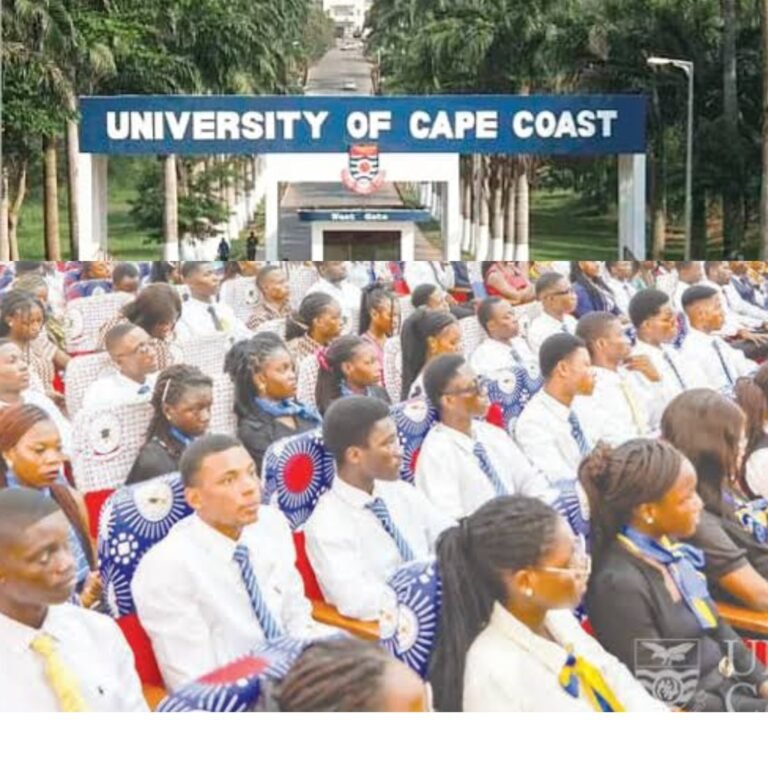
Some 20 million Ghanaians has been targeted for the Covid-19 vaccination programme which will be rolled out between March and October this year.
The vaccination, which would be given to the entire population, will be done in three segments in which the Greater Accra, Ashanti and Western regions will receive priority because of the prevalence of the infection in these areas.
Delivering a presentation on Ghana’s Covid-19 vaccination rollout plan, the Programme Manager of Expanded Programme on Immunization (EPI), Dr Kwame Amponsa-Achiano, disclosed that
the first segment would involve persons at most risk. They include healthcare workers, frontline security personnel, persons with underlining health conditions, front line members of the Executive, Legislature and Judiciary and persons aged 60 and above.
The second segment will focus on essential service providers and other security agencies such as water and electricity suppliers, teachers, the media, farmers and the food value chain players, among others, while the third segment would be the public.
Every individual will be administered two doses of the vaccine. All persons who are 18 years and above, with the exception of pregnant women, will be vaccinated.
The vaccine/human resource
Currently, there are 80 vaccine candidates, with 212 undergoing 212 clinical trials while 11 have been approved.
Presently, 350,000 doses of Covishield, the Oxford-AstraZeneca vaccine, manufactured by the Serum Institute in India, and the Sputnik V coronavirus vaccine, manufactured in Russia, will be purchased by the end February.
Dr Amponsa-Achiano disclosed that the aforementioned vaccines were approved by the Food and Drugs Authority (FDA) after several careful engagement with stakeholders.
“In prioritising the vaccine choice, we considered several issues. Key among them was that the vaccine must be safe, it should be efficacious, its effectiveness, formulation, storage, cost, the availability and regulatory approval,” he said.
He further disclosed that the government had also considered Mordena, Pfizer and Johnson & Johnson vaccines.
“Human resources would be available because we need a lot of vaccinators for this exercise. We have planned to train approximately 12,471 vaccinators, 37,413 volunteers and 2,079 team supervisors for a planned two rounds vaccination campaign,” he added.
Prepare to be vaccinated
In his opening remark at the event, the Minister of Health-designate, Kwaku Agyemang-Manu, encouraged the populace to be ready for the vaccination.
He said, at the moment, Ghana needs the vaccines to add to existing preventive etiquette to deal with the virus.
He also debunked claims that the Covid-19 vaccine was developed to kill Africans.
“Vaccination is not new to the world, and Ghana, for instance, had succeeded in eliminating a lot of diseases through the use of vaccines. This is for prevention so that you don’t get infected and even if you get infected the severity of the illness will not get out of hand,” the Minister-designate said.
In his contribution, Dr Yaw Bediako, Immunologist and Research Fellow at the West African Center for Cell Biology of Infectious Pathogens (WACCBIP), said vaccine is not treatment. He said it is rather admitted to a person before coming in contact with the virus.
He noted that, contrary to the various concoctions that are being manufactured and propagated as immune boosters, a vaccine is the best immune booster as it trains the body system to develop antibodies against the virus.
Dr Bediako further said that 188 million doses of the Covid-19 vaccines had been administered worldwide and there were very few reports on reactions. He therefore assured Ghanaians that the vaccines are simple and safe.
No fears
Taking his turn at the event, the Information Minister-designate, Kojo Oppong Nkrumah, said that despite fears that some persons may reject the virus, it is important to highlight the safety of the vaccination process.
“We need to create awareness. We need to sensitise people, we need to deal with the apprehensions [with the vaccine roll out] as well,” he said.
To this end, Mr Oppong Nkrumah announced that there would be elaborate stakeholder engagements and sustained public sensitisation campaigns by the Local Government Service, Ministry of Health, Ghana Health Service, National Commission for Civic Education and Information Services Department to educate the public on the upcoming exercise.
He added that the sensitisation campaign would visit markets, lorry parks, churches, mosques and other public places to provide further clarity on the vaccination exercise.
“That is where you will see vans and outreach in the communities putting out the word, answering questions and educating the general public,” the Minister-designate added.




